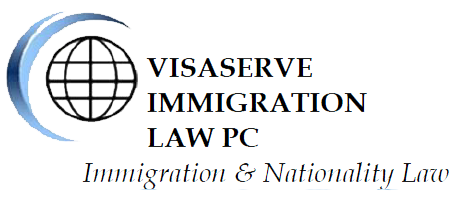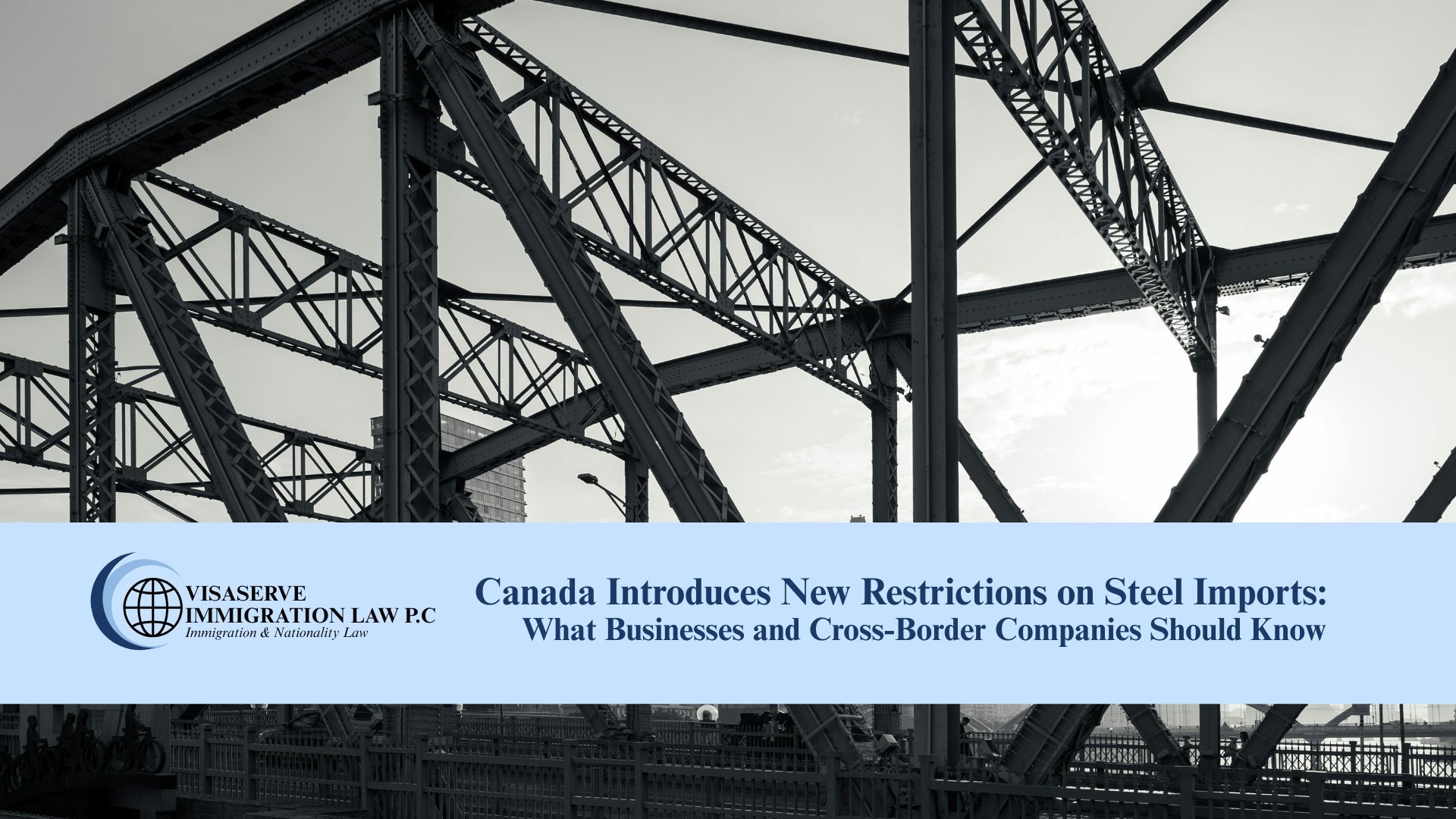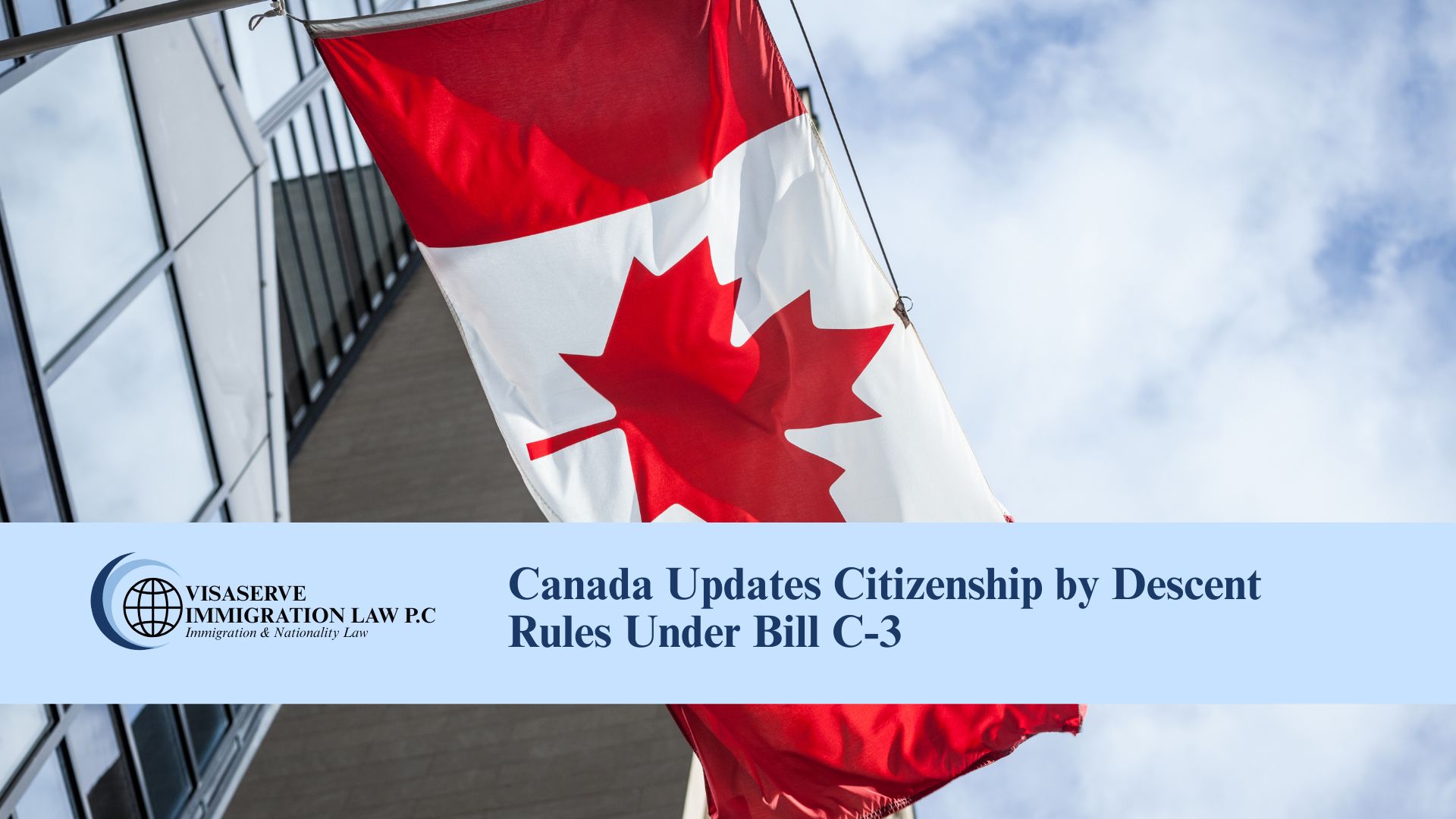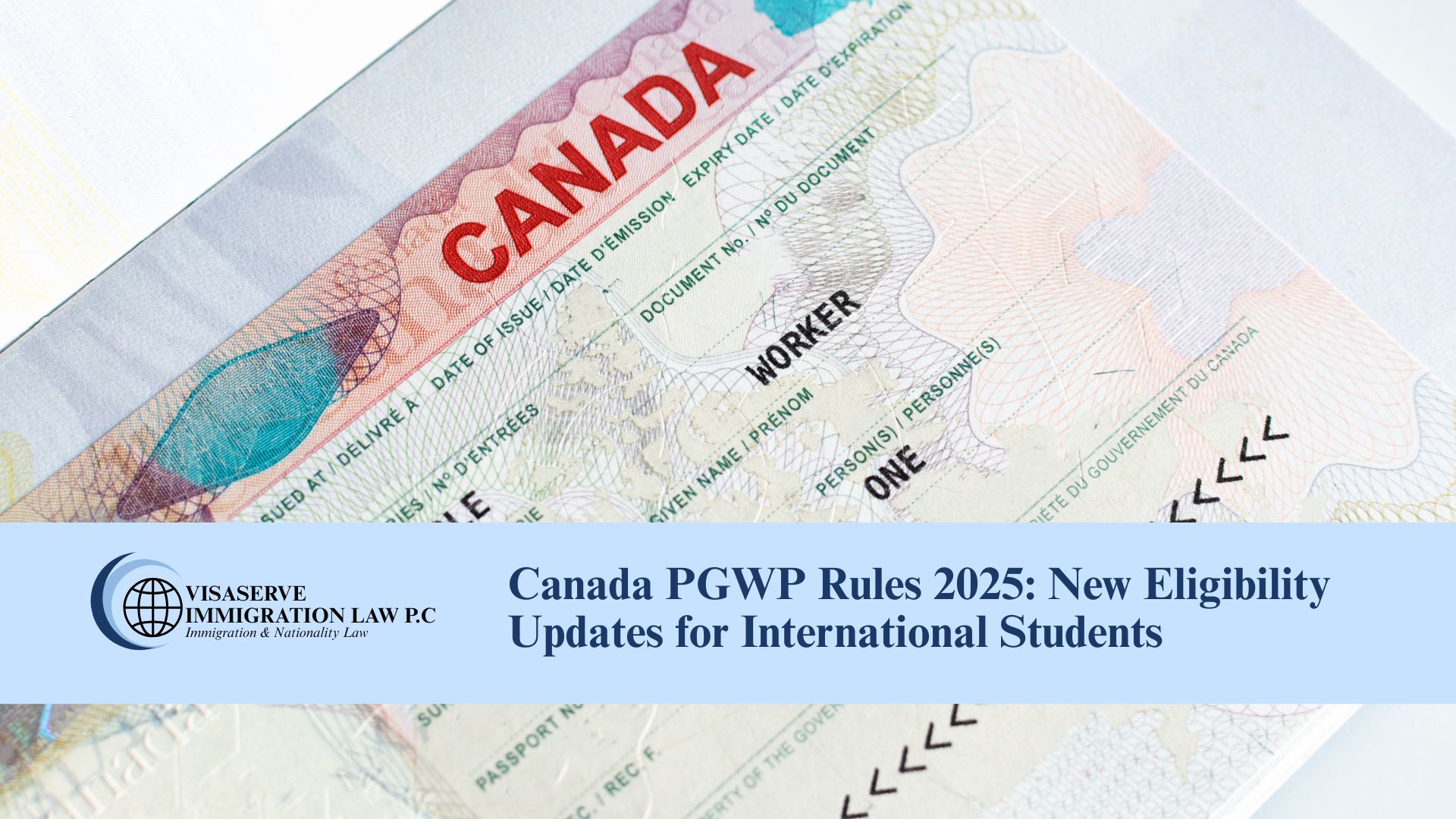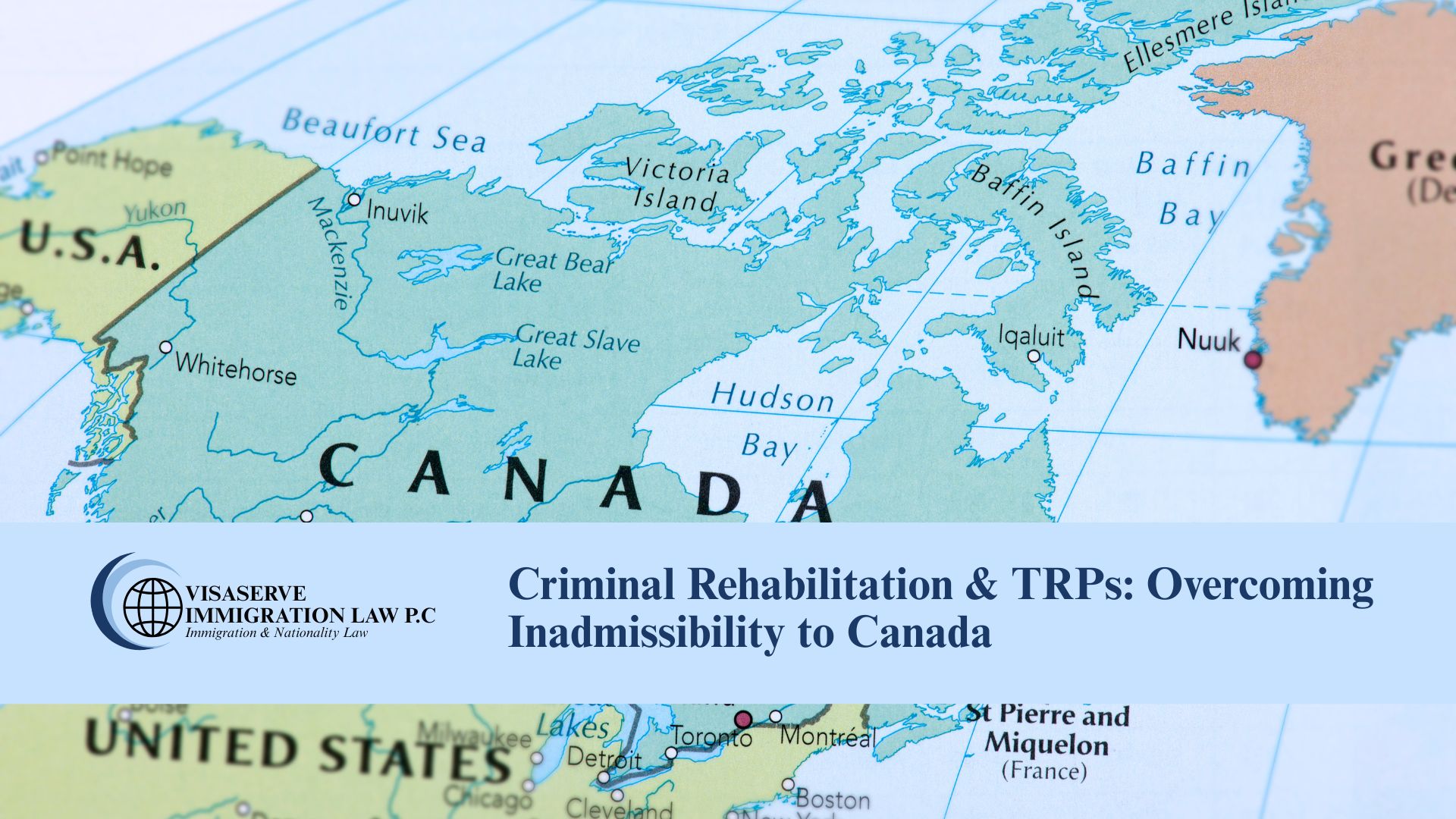Canada’s growing economy relies on a strong and diverse workforce. As many sectors continue to face labour shortages, the Temporary Foreign Worker Program (TFWP) has become an essential mechanism for employers to fill critical roles while remaining compliant with Immigration, Refugees and Citizenship Canada (IRCC) and Employment and Social Development Canada (ESDC) requirements.
Despite its importance, several misconceptions persist. Below, we address the most common myths about the program and share the realities supported by Canadian immigration policy.
Myth 1: Canadian Businesses Are “Addicted” to Hiring Foreign Workers
Fact: Employers rely on the TFWP out of necessity, not convenience.
Most Canadian businesses prefer to hire locally, but skill shortages often make that difficult. Temporary foreign workers make up less than 1% of Canada’s total workforce, according to ESDC data. Before applying under the TFWP, employers must demonstrate that they made reasonable efforts to recruit Canadians or permanent residents.
Myth 2: Temporary Foreign Workers Take Jobs Away from Canadians
Fact: The TFWP complements, rather than replaces, the Canadian workforce.
Employers must first obtain a Labour Market Impact Assessment (LMIA) confirming that hiring a foreign worker will not negatively impact Canadian workers. This ensures that the program fills real shortages rather than replacing local talent. In many cases, the absence of foreign workers would result in reduced business hours or closures — affecting Canadian employees as well.
Myth 3: Foreign Workers Are Paid Less or Drive Down Wages
Fact: Foreign workers must be paid at least the prevailing wage rate.
Hiring through the TFWP is both time-consuming and costly. Employers must pay application fees, transportation, housing, and often private health insurance. According to IRCC and ESDC data, temporary foreign workers typically earn the same or higher wages than Canadians performing similar work.
Myth 4: Temporary Foreign Workers Burden Canada’s Social Systems
Fact: They sustain industries that Canadians depend on daily.
Foreign workers fill essential roles in agriculture, food production, healthcare, construction, and caregiving. These contributions ensure that Canadians continue to have access to vital goods and services — particularly in rural and underserved areas.
Myth 5: The Program Facilitates Worker Exploitation
Fact: Canada has strong enforcement and worker protection measures.
The TFWP includes robust employer compliance inspections, mandatory record-keeping, and severe penalties for violations. Employers found non-compliant may face fines, suspension, or permanent bans from the program. ESDC reports that over 90% of employers comply with program standards, reflecting the system’s overall integrity.
A Balanced Perspective
While continuous improvement remains necessary, the Temporary Foreign Worker Program serves as a critical bridge between employer demand and labour supply realities. It strengthens Canada’s economy, promotes business continuity, and offers skilled foreign nationals the opportunity to contribute meaningfully to Canada’s success.
Frequently Asked Questions (FAQ)
Q1: What is the Temporary Foreign Worker Program (TFWP)?
The TFWP allows Canadian employers to hire foreign nationals temporarily when no qualified Canadian citizens or permanent residents are available for specific roles.
Q2: Do employers need government approval before hiring a foreign worker?
Yes. Employers must obtain a Labour Market Impact Assessment (LMIA) from ESDC showing that hiring a foreign worker will not negatively affect the Canadian labour market.
Q3: Can temporary foreign workers apply for permanent residence in Canada?
Yes. Many foreign workers transition to permanent residency through pathways such as the Provincial Nominee Program (PNP) or the Canadian Experience Class (CEC) under Express Entry.
Q4: What are employers’ responsibilities under the TFWP?
Employers must provide fair wages, safe working conditions, and comply with federal and provincial labour laws. Non-compliance can result in penalties or permanent program bans.
Q5: Why is the TFWP important for Canada’s economy?
The program helps maintain productivity in key industries, supports small and medium-sized businesses, and keeps essential services running across the country.
Contact Visaserve Immigration Law P.C.
📩 Email: info@visaserve.ca
📞 Phone: 905-203-2266
🌐 Website: www.visaserve.ca
Tags: [ Temporary Foreign Worker Program Canada, LMIA requirements, Canadian work permits, labour shortages, Visaserve Immigration Law P.C. ]
